The Congressional Study Group on Foreign Relations and National Security is a program for congressional staff focused on critically engaging the legal and policy factors that define the role that Congress plays in various aspects of U.S. foreign relations and national security policy.
At monthly study group sessions, participating congressional staff have the opportunity to sit down with leading academics and practitioners to discuss a specific topic of interest relating to foreign relations and national security, ranging from war powers to treaty affairs to international trade. After some opening remarks from these outside experts, the majority of each session is used for comments and questions from—as well as open discussion among—the congressional staff in attendance, which takes place under the Chatham House Rule in order to promote frank conversation. The objective is to facilitate the exchange of ideas between outside experts studying these issues and the congressional staff actually working on them, both to improve policy outcomes and to promote scholarship that is more responsive to congressional needs. Information on several of our prior sessions is available below.
All congressional staff are eligible to participate in the study group, including those working for legislative agencies such as the Congressional Research Service. If you are interested in signing up for the study group’s mailing list, please email [email protected] from your work account, so that we can verify your eligibility. The groups.io platform will then allow you to manage how you receive emails, access the program’s calendar, and take advantage of other resources available to participants.
The study group is organized by Scott R. Anderson of the Brookings Institution, with support from the Carnegie Corporation of New York. Questions or concerns? You can contact Anderson at [email protected].
Presidential War Powers
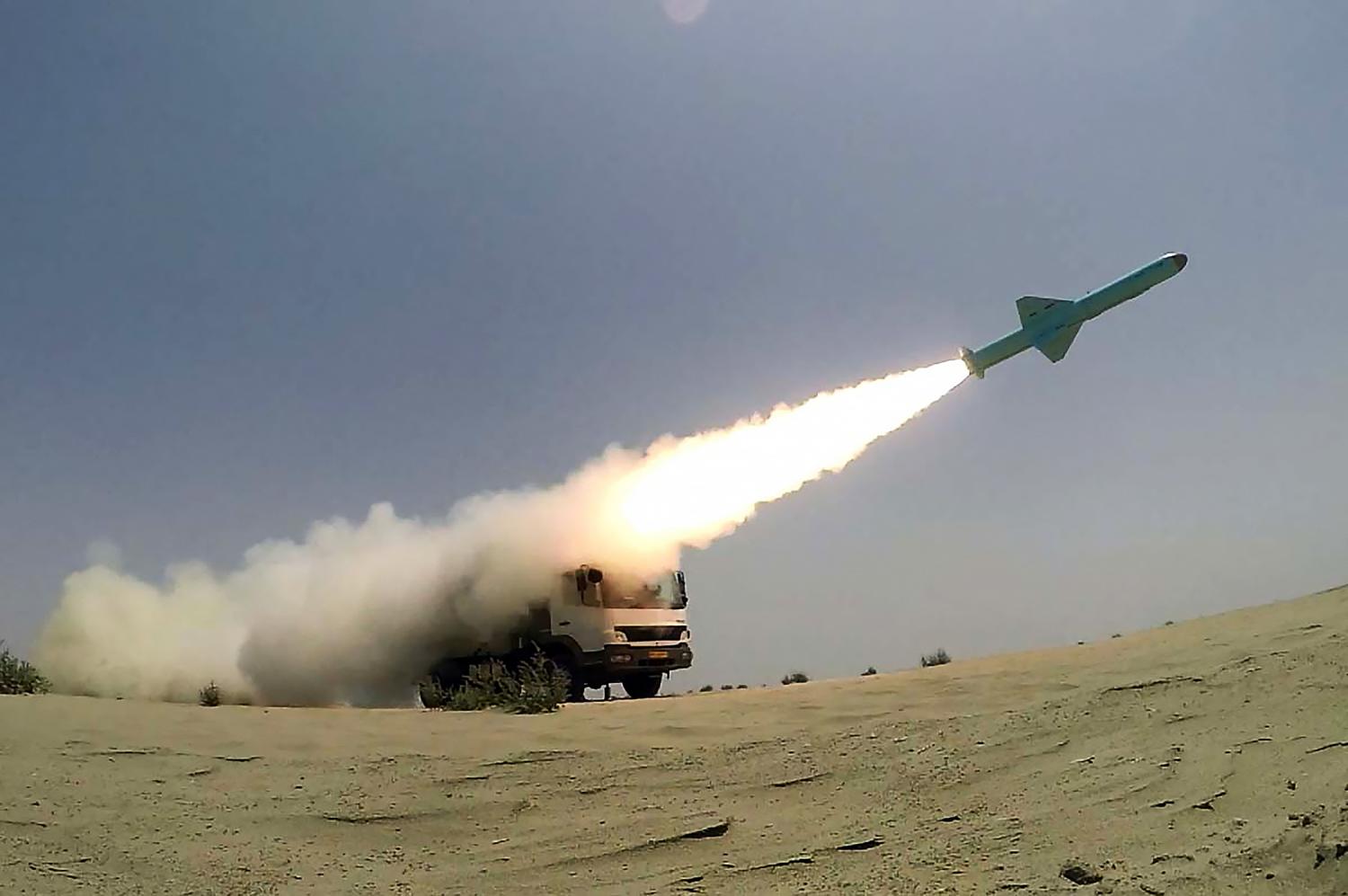
On Feb. 28, 2020, the study group convened in person in the U.S. Capitol building to discuss the president’s war powers under Article II of the Constitution. As underscored by the U.S. airstrike that killed Iranian military commander Qassem Soleimani, the executive branch maintains that the president has broad authority to use military force overseas without congressional authorization. But what is the actual scope of this authority? And what can Congress do if it is used irresponsibly?
The Use (and Abuse) of Executive Agreements
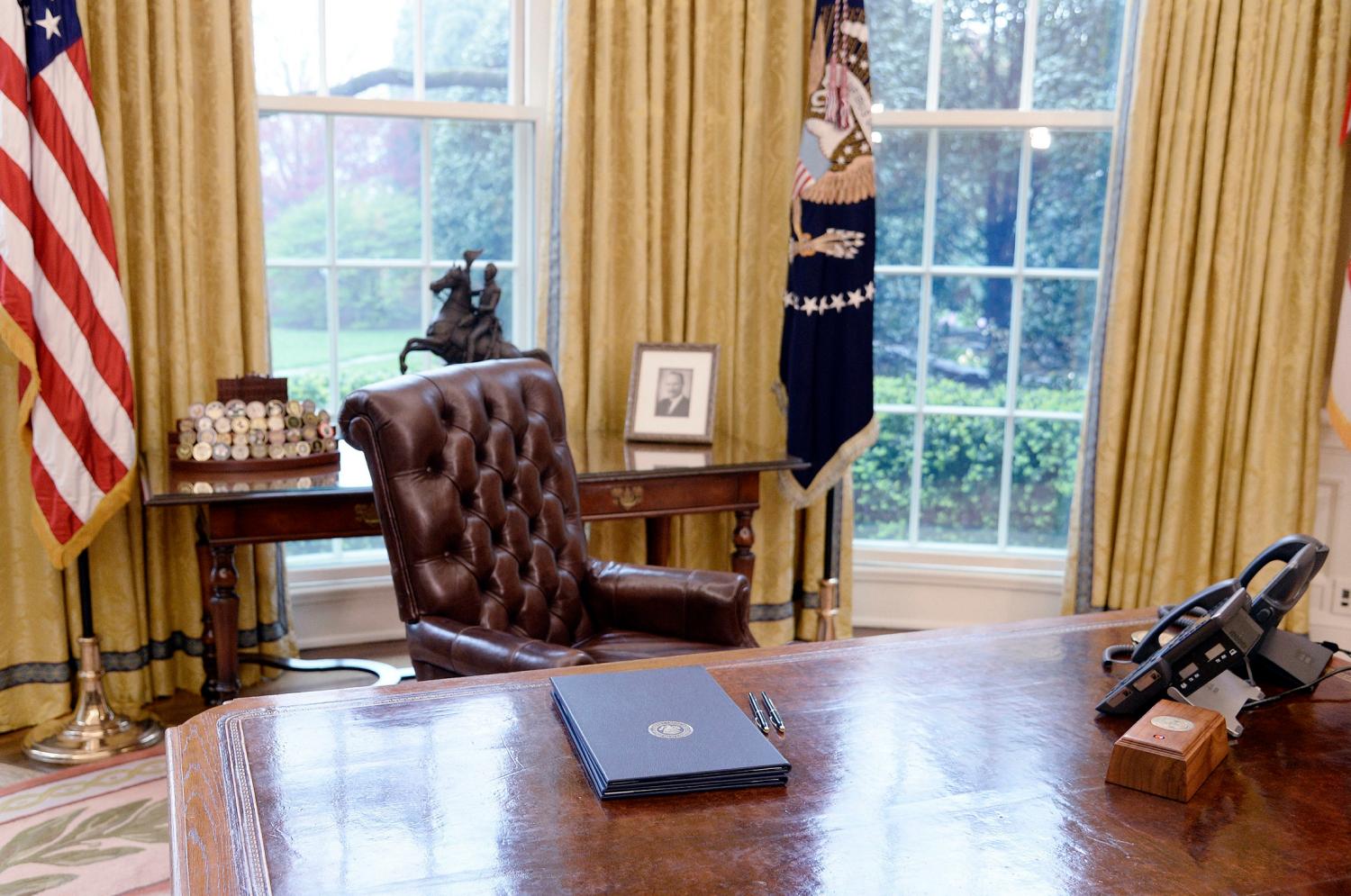
On April 3, 2020, the study group convened online to discuss the executive branch’s use of executive agreements and Congress’s oversight thereof. While the Constitution only identifies one means of entering into international agreement, the United States now uses several—including executive agreements, which presidents often pursue with little to no direct congressional input. But how much does Congress really know about how these executive agreements are used?
Nuclear Command and Control
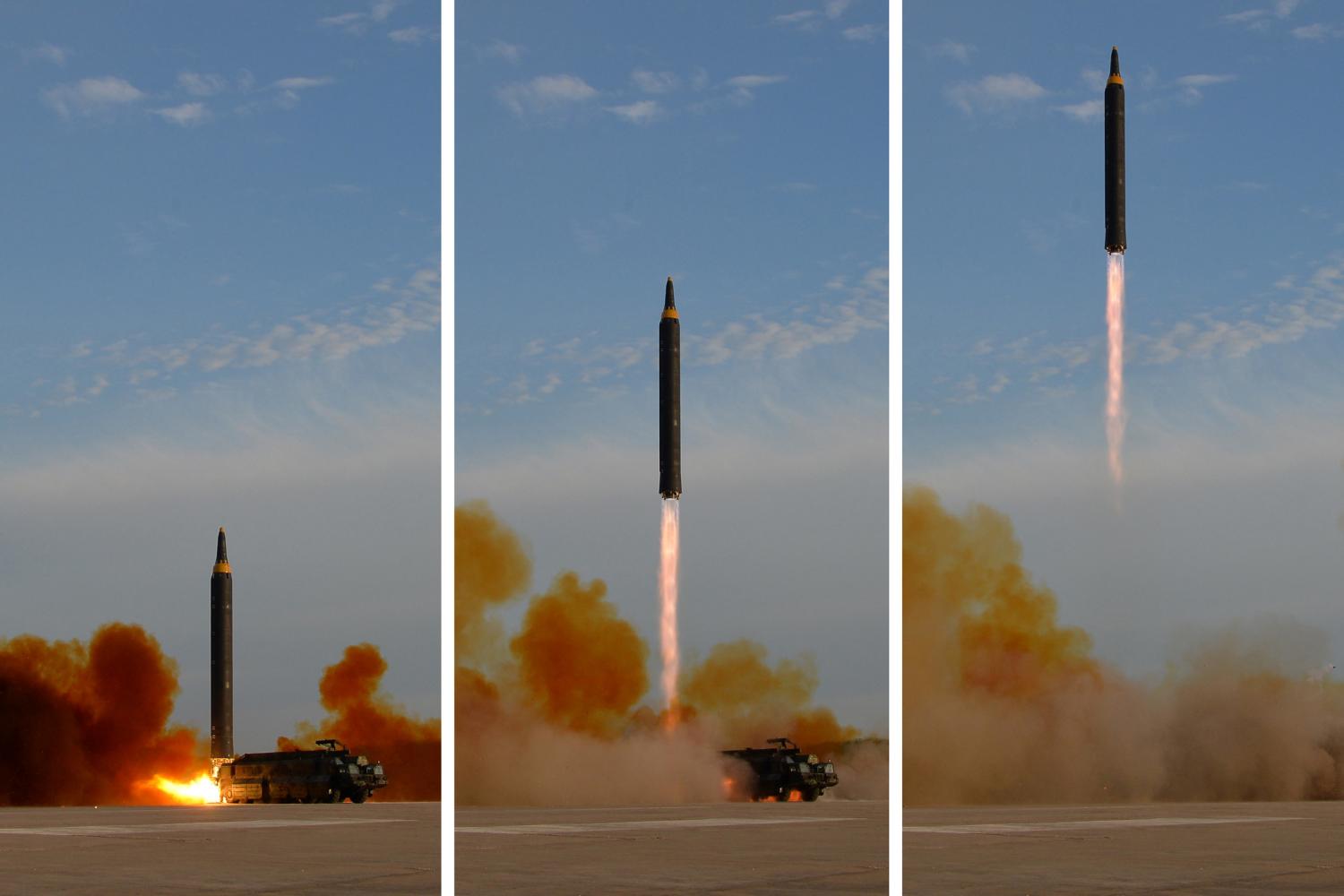
On May 7, 2020, the study group convened online to discuss the question of the command and control of U.S. nuclear weapons. At present, the president has the unilateral authority to choose to use nuclear weapons, and many assume that this is a result of his Article II powers under the Constitution. But is this assumption correct? Are there ways Congress can limit when and how the president uses nuclear weapons?
Economic Sanctions in the Age of Maximum Pressure
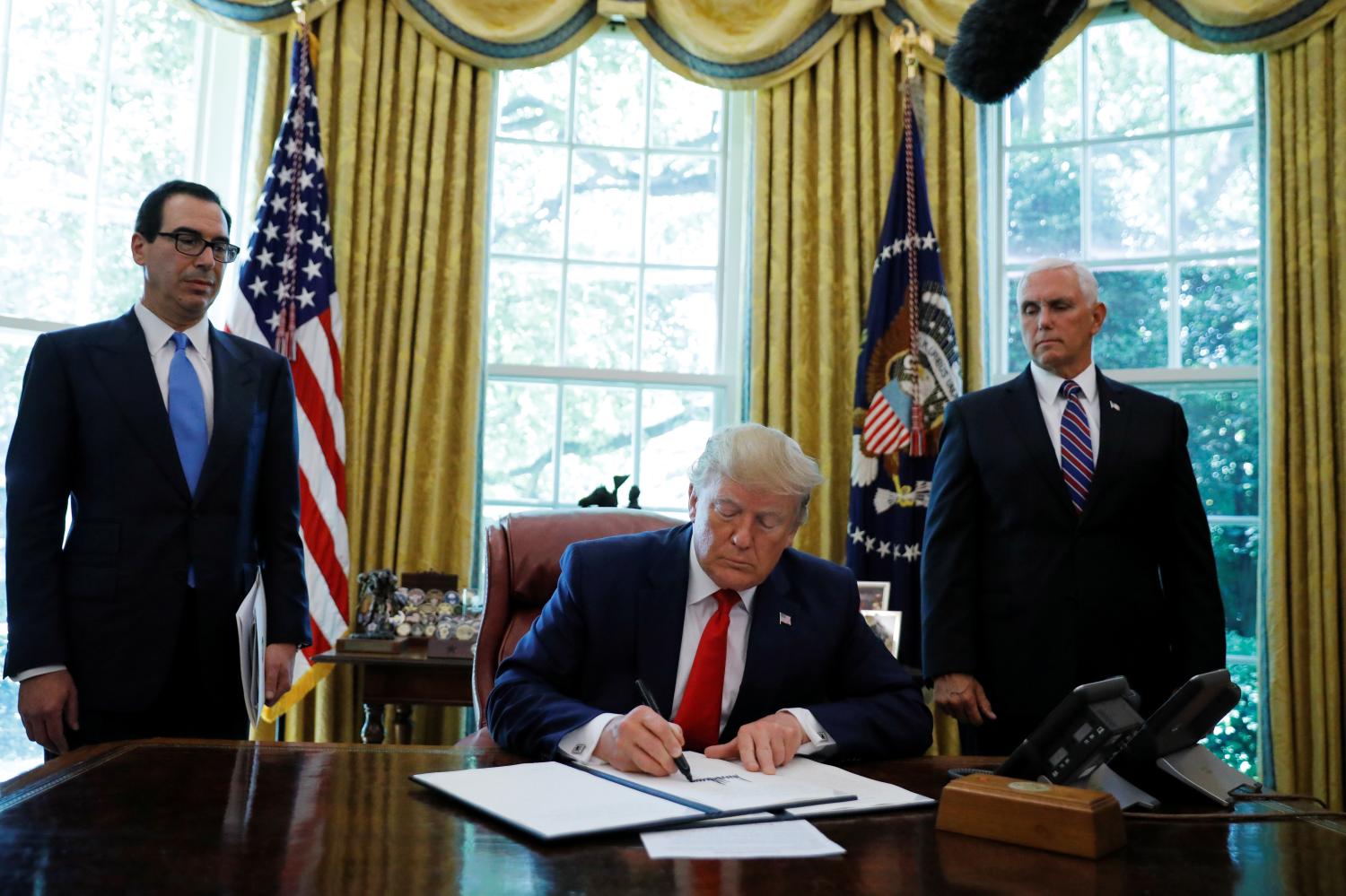
On June 26, 2020, the study group convened online to discuss the use of economic sanctions. Few tools have seen such wide and aggressive use, especially as part of the Trump administration’s maximum pressure campaign on Iran. But should Congress be concerned about the risk of the executive branch using sanctions broadly enough to undermine U.S. global economic power? Or in a way that risks undermining Americans’ civil liberties at home and humanitarian policies overseas?
The Insurrection Act and Putting Troops on American Streets
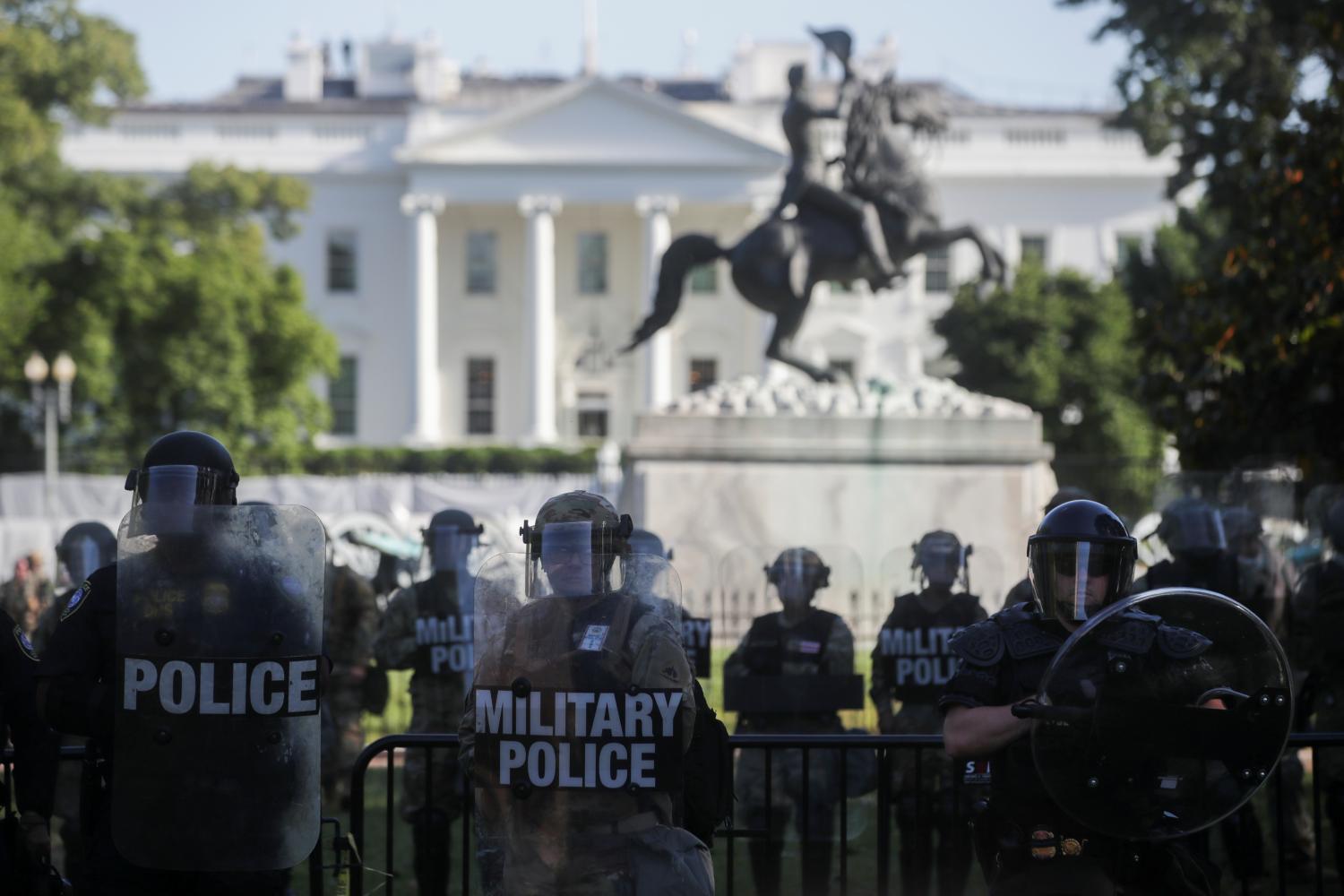
On July 31, 2020, the study group convened online to discuss the president’s authority to deploy the military domestically, including through the Insurrection Act. In the weeks prior to the session, President Donald Trump had deployed both the military, National Guard units, and federal law enforcement personnel in response to popular protest around the country, often over objections by state and local officials. But what was the legal basis for the president’s actions? And what might Congress be able to do if it believes that the president’s actions are inappropriate?
Trade and National Security Exceptionalism

On Aug. 28, 2020, the study group convened online to discuss the increasingly complex relationship between U.S. trade policies and national security. In recent years, the Trump administration has used national security-related authorities to impose tariffs and impose other trade restrictions on allies, often as a means of securing leverage for new trade terms or advancing other policy objectives. Several of these efforts have proven controversial among both parties in Congress, with some arguing that they are improper uses of the authorities in question. But are there real limits on how the president can use these authorities? And what can Congress do if it feels they are being used inappropriately?
Congress and Control of the Military
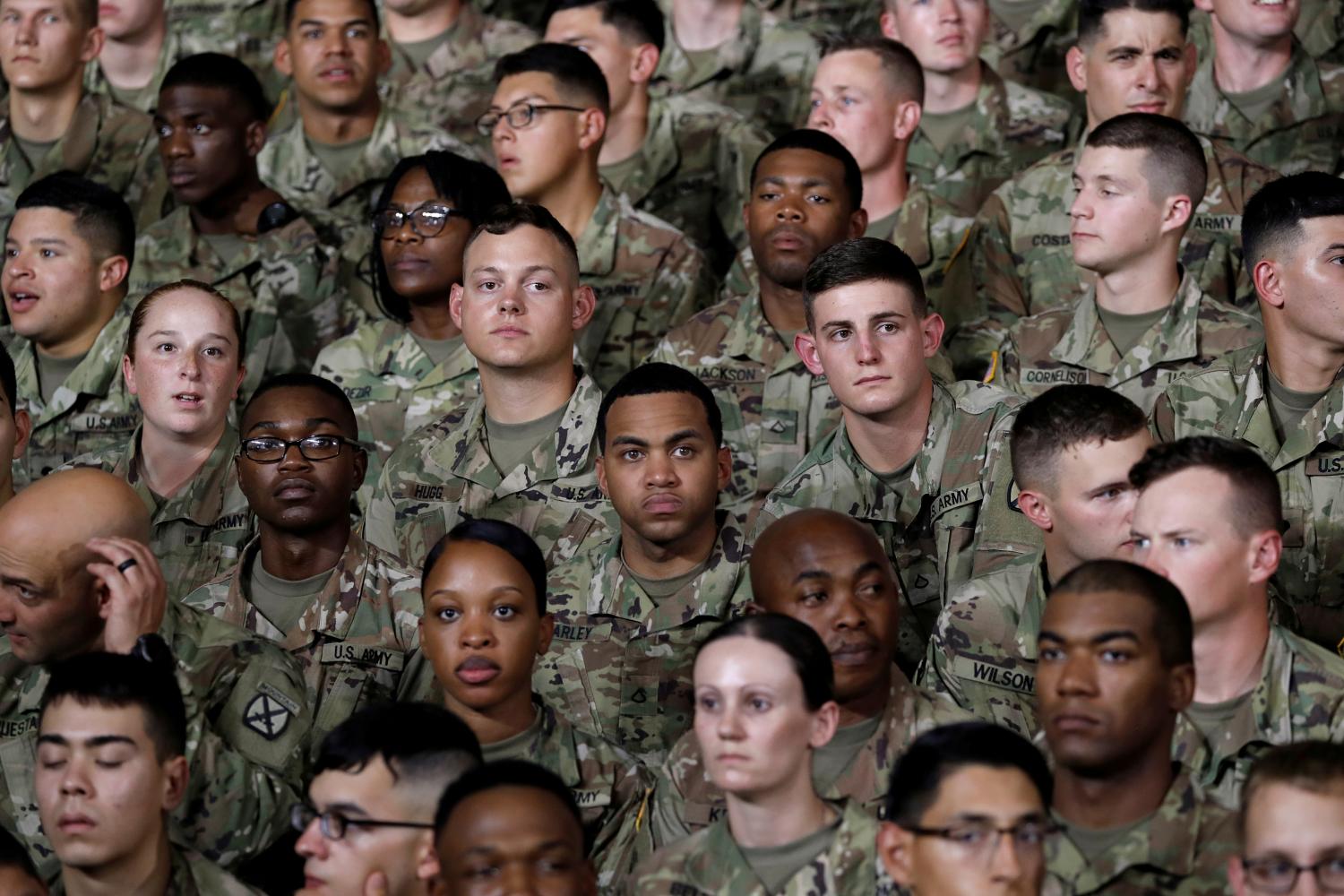
On Sept. 11, 2020, the study group convened online to discuss the issue of to what extent Congress is able to exercise control over the military. In recent years, Congress has enacted statutes that seek to set limits on when the president may remove deployments of U.S. soldiers, including from long standing posts in Germany and South Korea. Are such laws valid exercises of Congress’s own constitutional authority over the funding of and establishment of rules for the military? Or do they infringe on the president’s own constitutional authority as commander in chief?
Transparency and War Powers
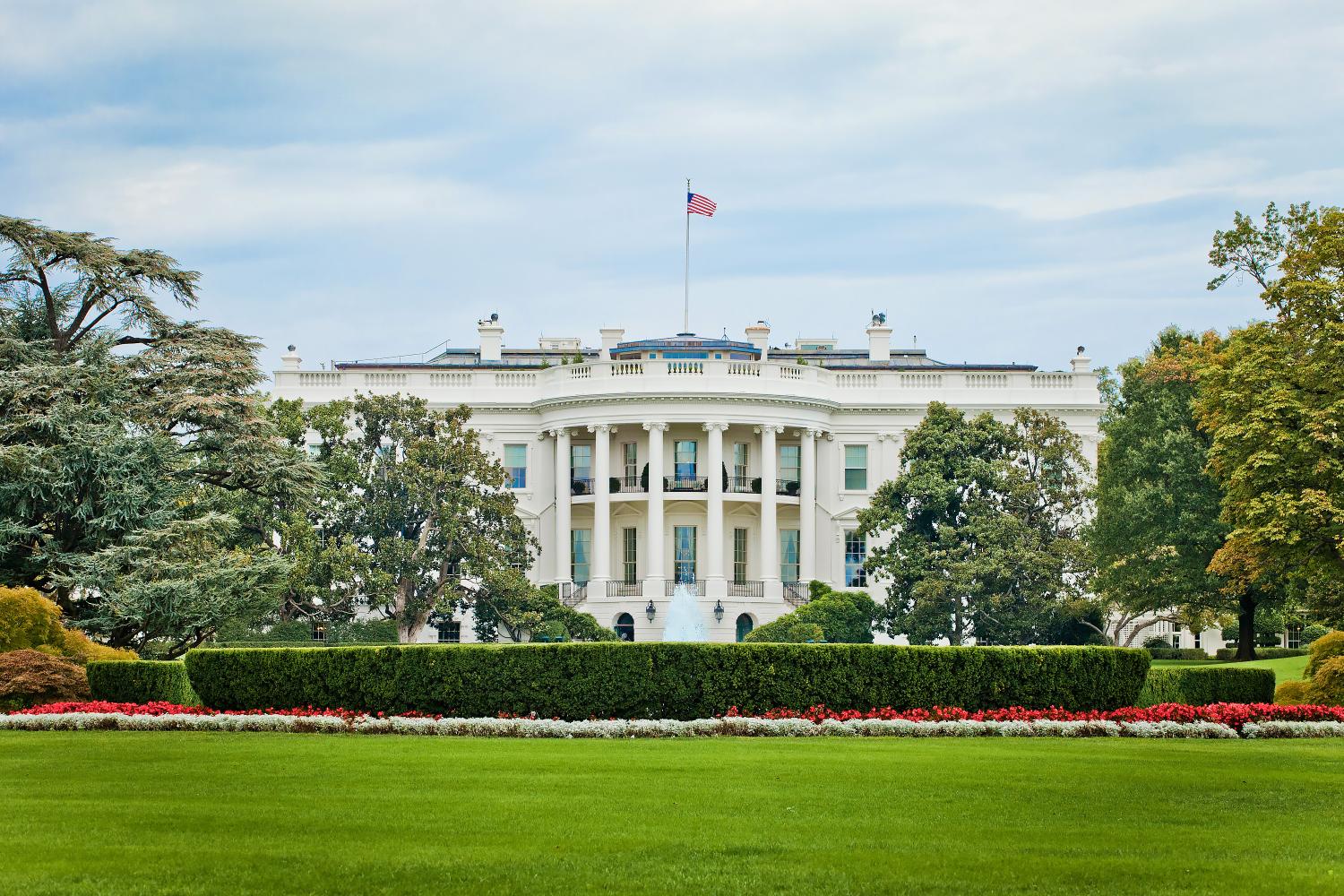
On Sept. 25, 2020, the study group convened online to discuss the issue of transparency as it relates to war powers. As the executive branch’s legal views play a dominant role in determining when and how the president believes he may use military force, Congress has made a number of efforts over the past several decades to encourage the executive branch to disclose the legal basis for its uses of military force—at least to Congress, if not to the public. But how effective are the existing reporting obligations? And what can Congress do if the executive branch refuses to comply?
Sovereign Immunity: Past, Present, and Future
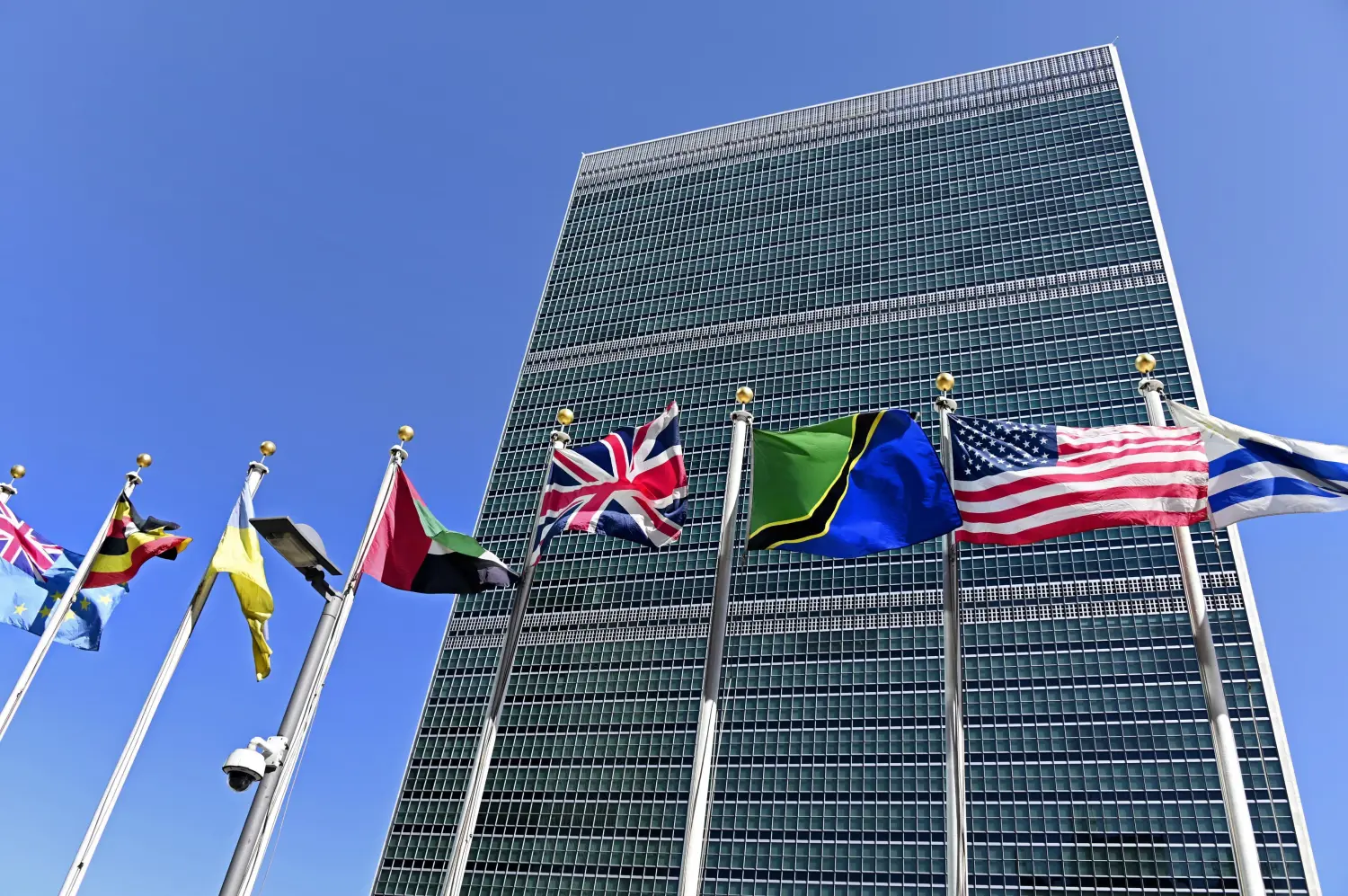
On Nov. 20, 2020, the study group convened online to discuss the past, present, and future of sovereign immunity. Recent debates in Congress over the possibility of holding China civilly liable over the coronavirus, allowing people to sue state sponsors of cybercrime, and potential civil liability for acts of terrorism have all implicated core questions of sovereign immunity, meaning the set of key international legal protections that the United States largely, but not entirely, implements through the Foreign Sovereign Immunities Act (“FSIA”). But what might adjusting these immunities in these circumstances mean for U.S. foreign policy more broadly?
Congress and the Convergence of Economics and National Security

On Dec. 18, 2020, the study group met to discuss the growing convergence of economic and national security policy. Once thought of as separate domains, legal authorities associated with economic policy have often been used to advance national security objectives in recent years–and sometimes vice versa. Should the two areas of law and policy be treated separately? Or as a cohesive whole?
The Export and Proliferation of Nuclear Technology

On Feb. 5, 2021, the study group met to discuss the export and proliferation of civilian nuclear technology. Over the course of the Biden administration’s first term, the United States will have to decide not only whether to re-enter a nuclear agreement with Iran, but also whether to renew or amend U.S. civilian nuclear cooperation agreements with Egypt (2021), Morocco (2021), South Korea (2021) and Turkey (2023), enter into an agreement with Saudi Arabia, and resume or expand nuclear cooperation with Russia and China. But what input does Congress have into these decisions? And how could it choose to structure legal authorities differently if it wanted to expand that role?
Legal Regimes Governing Cyberactivity and Cyberwarfare

On April 2, 2021, the study group convened over Zoom to discuss international and domestic legal regimes governing cyberactivity and cyberwarfare. With the recent SolarWinds and Microsoft Exchange hacks, questions of cybersecurity are on the front pages and foremost in many policymakers’ minds. This session focused on the regulatory regime governing how the United States can engage in cyber activity, both offensive and defensive—with a focus on emerging U.S. strategies, including “Defend Forward”—and the unique questions this activity presents to Congress in its oversight and legislative roles.
Reforming the Authorizations for Use of Military Force
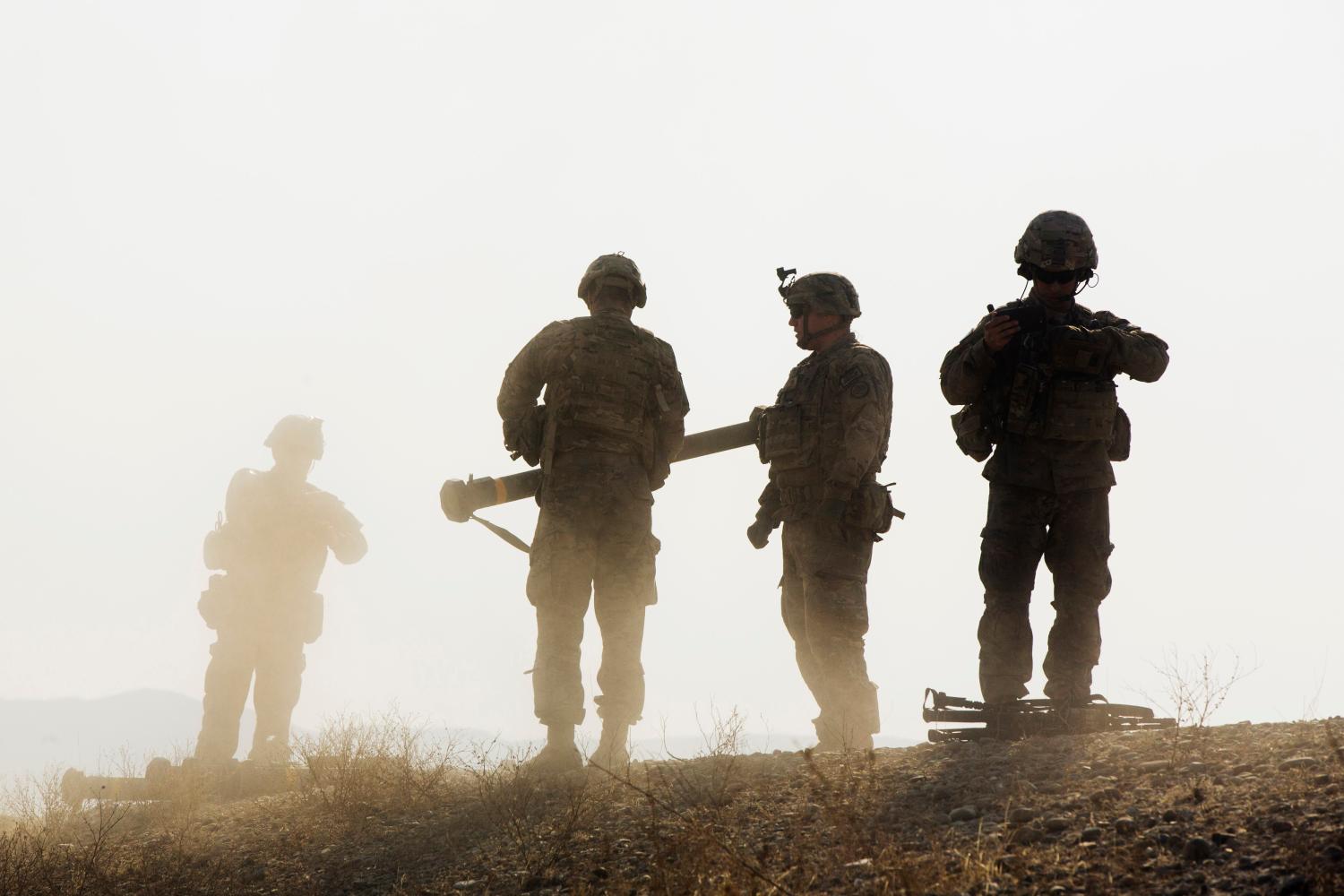
On May 21, 2021, the study group convened over Zoom to discuss reforming the Authorizations for the Use of Military Force (AUMFs). Recent discussions of AUMF reform have been critical of the President’s use of both the 2001 AUMF, enacted after the 9/11, attacks and the 2002 AUMF, enacted prior to the invasion of Iraq, as the legal foundation for most overseas U.S. military operations over the past two decades. Critics consider these AUMFs outdated and used in ways that Congress never intended, resulting in legal basis for wars counter to democratic will. The session focused on the possibilities and justifications for reform, as well as the legal and policy concerns that policymakers should consider when crafting such reforms.
Congress’s Control Over Treaties
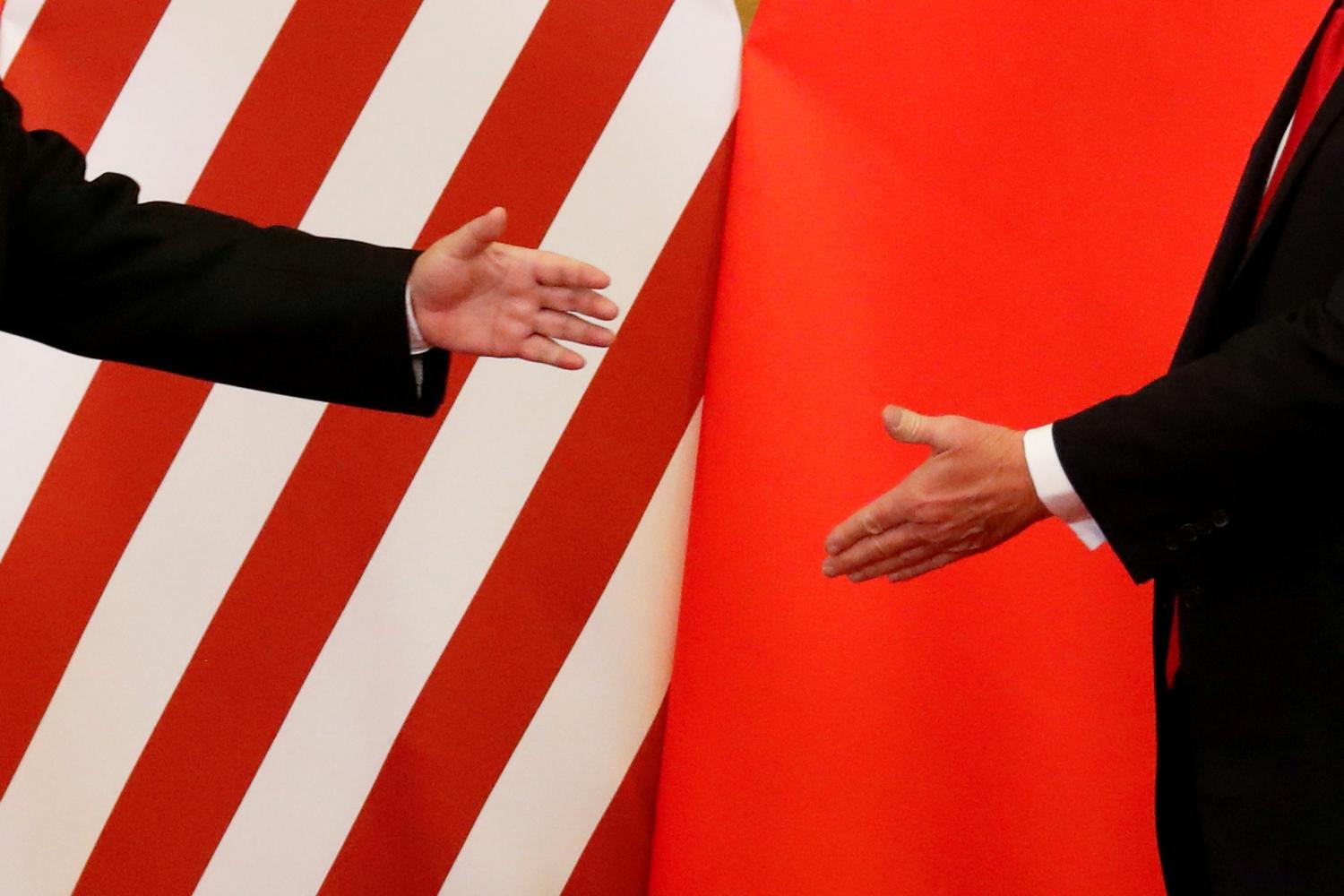
On July 1, 2021, the study group convened over Zoom to discuss separation of powers issues surrounding treaty withdrawal and reentry. The Trump administration’s withdrawals from the INF Treaty, the Open Skies Treaty, and the WHO Constitution, among other international agreements, and threats to withdraw from NAFTA and NATO focused attention on unilateral presidential treaty withdrawal. President Trump’s actions raised questions about whether the president can withdraw from a treaty without congressional authorization or when Congress specifically bars withdrawal via statute. The Biden administration’s vocal opposition to such withdrawals has also raised questions about the president’s power to re-enter treaties on a similar unilateral basis.
Recognition and the Taliban
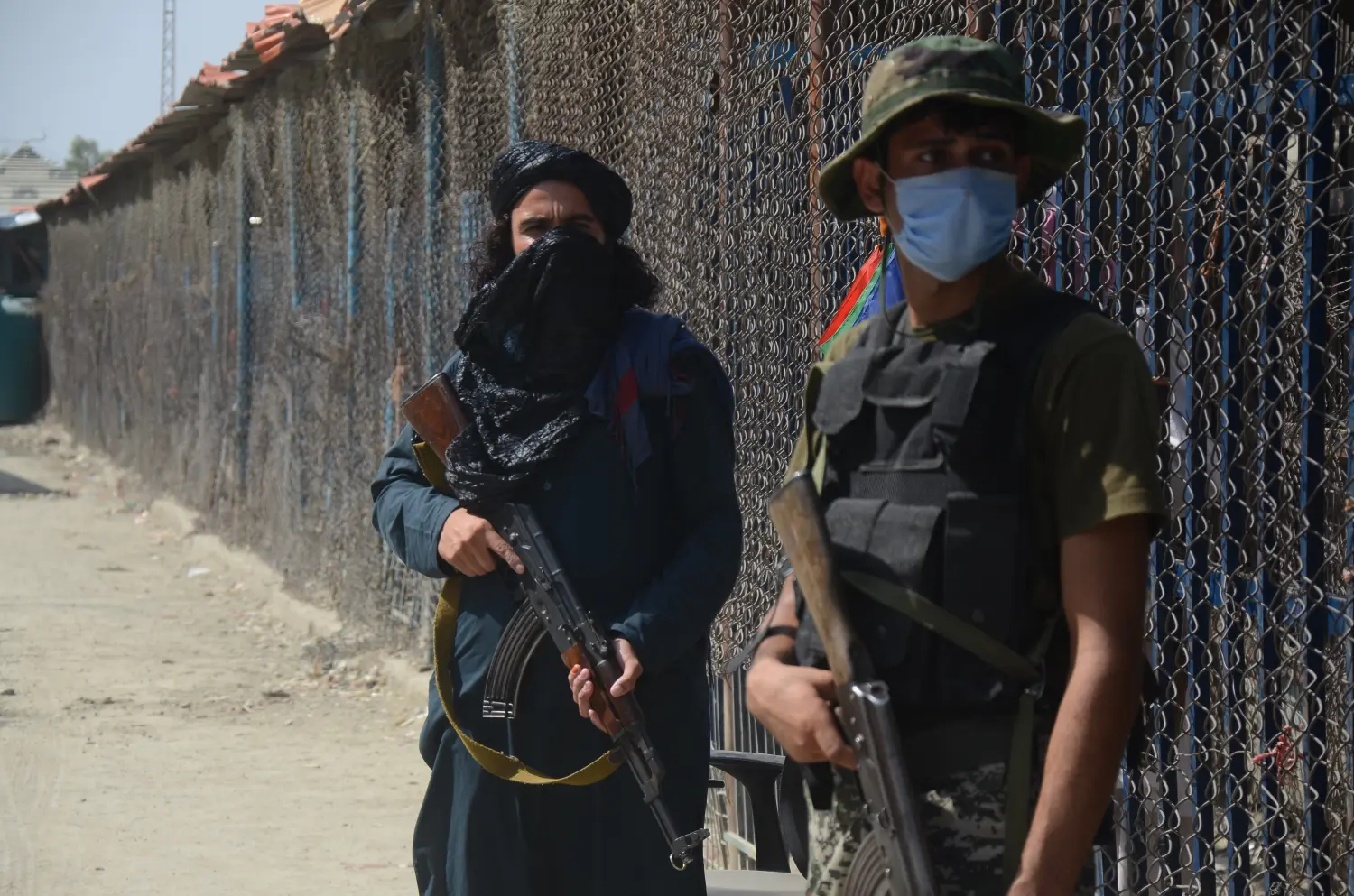
On August 27, 2021, the study group convened to discuss the international law of government recognition and its implications for the recent Taliban takeover in Afghanistan. The suddenness of Taliban military conquest in the country and President Ghani’s decision to flee created an immediate question of whether the U.S. should recognize the new Taliban government.
Law and Possible Conflict Over Taiwan

On October 29, 2021, the study group convened to discuss legal and policy issues surrounding a possible military conflict between the United States and the People’s Republic of China (PRC) over Taiwan. In recent months, China has ramped up its bellicose rhetoric and military activity in the Taiwan straits, leading Taiwanese, PRC, and American officials to increasingly discuss the possibility of a PRC invasion of Taiwan. This has in turn raised questions over the legal authorities and obligations of the U.S. government in relation to Taiwan, including questions of recognition, arms sales, security commitments, and war powers.
Arms Sales Policies, Human Rights, and Reform
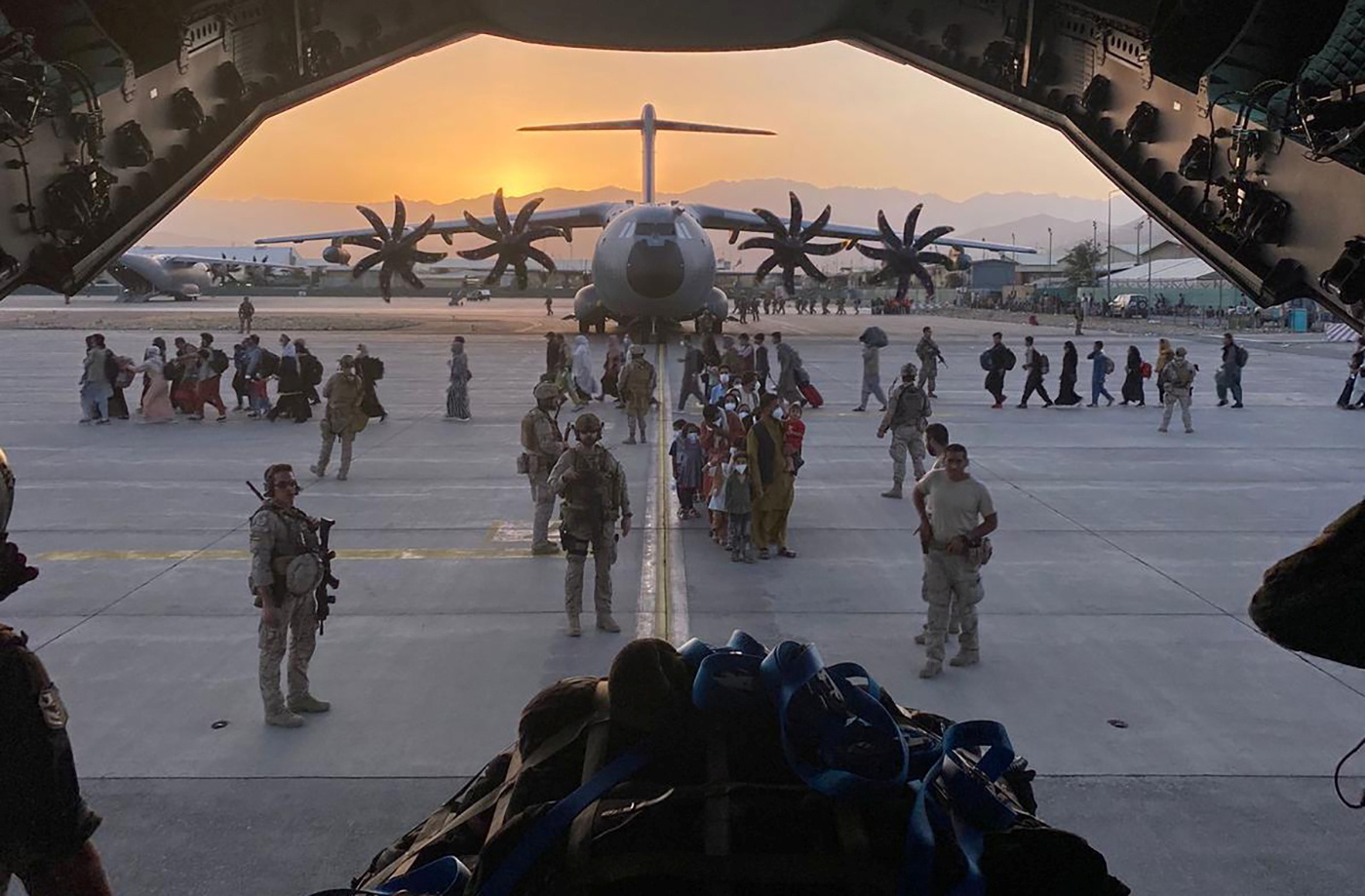
On November 21, 2021, the study group convened to discuss U.S. arms sales policies and their intersection with human rights and related concerns. Few areas of U.S. foreign policy have proven more contentious in recent years than U.S. arms sales to foreign governments. Recent arms sales to countries such as Egypt and Saudi Arabia have proved particularly controversial, leading to clashes both between Congress and the Executive Branch and within Congress itself over the shape of U.S. policy in these regards. This session delved into these issues and examined possibilities for reform.
Civilian Casualties, Accountability, and Prevention

On January 14, 2022, the study group convened to discuss the issue of accountability for—and prevention of—civilian casualties resulting from U.S. military operations. In the months prior to the study group session, there had been a number of disturbing media reports relating to such civilian casualties, including a report that one elite unit may have knowingly or deliberately targeted civilians during operations in Syria. This session examined the scope of this problem and legal strategies that Congress and others might pursue to address it.
Afghan Central Bank Assets, Biden's Executive Order, and Victims of Terrorism Litigation

On February 25, 2022, the study group convened to discuss the controversial new policy that the Biden administration had recently rolled relating to the handling of Afghanistan’s central bank assets and efforts to attach them in order to enforce judgments against the Taliban for the 9/11 attacks. The policy in question implicated several complex areas of law and policy, which led to a great deal of confusion about what exactly it does. It’s also of immense import, given the current economic and humanitarian crisis unfolding in Afghanistan.
Sanctions on Russia Over Ukraine

On March 18, 2022, the study group convened to discuss the broad array of sanctions that the United States and its allies have imposed on Russia (and Belarus) in response to their invasion of Ukraine. Together, the multilateral sanctions being imposed represent the most severe and comprehensive sanctions ever imposed on a major economic power. Yet imposing such unprecedented sanctions also brings with it real—and, in some cases, not entirely known—risks for both the United States and the broader global economy.
Supporting International Accountability for Ukraine
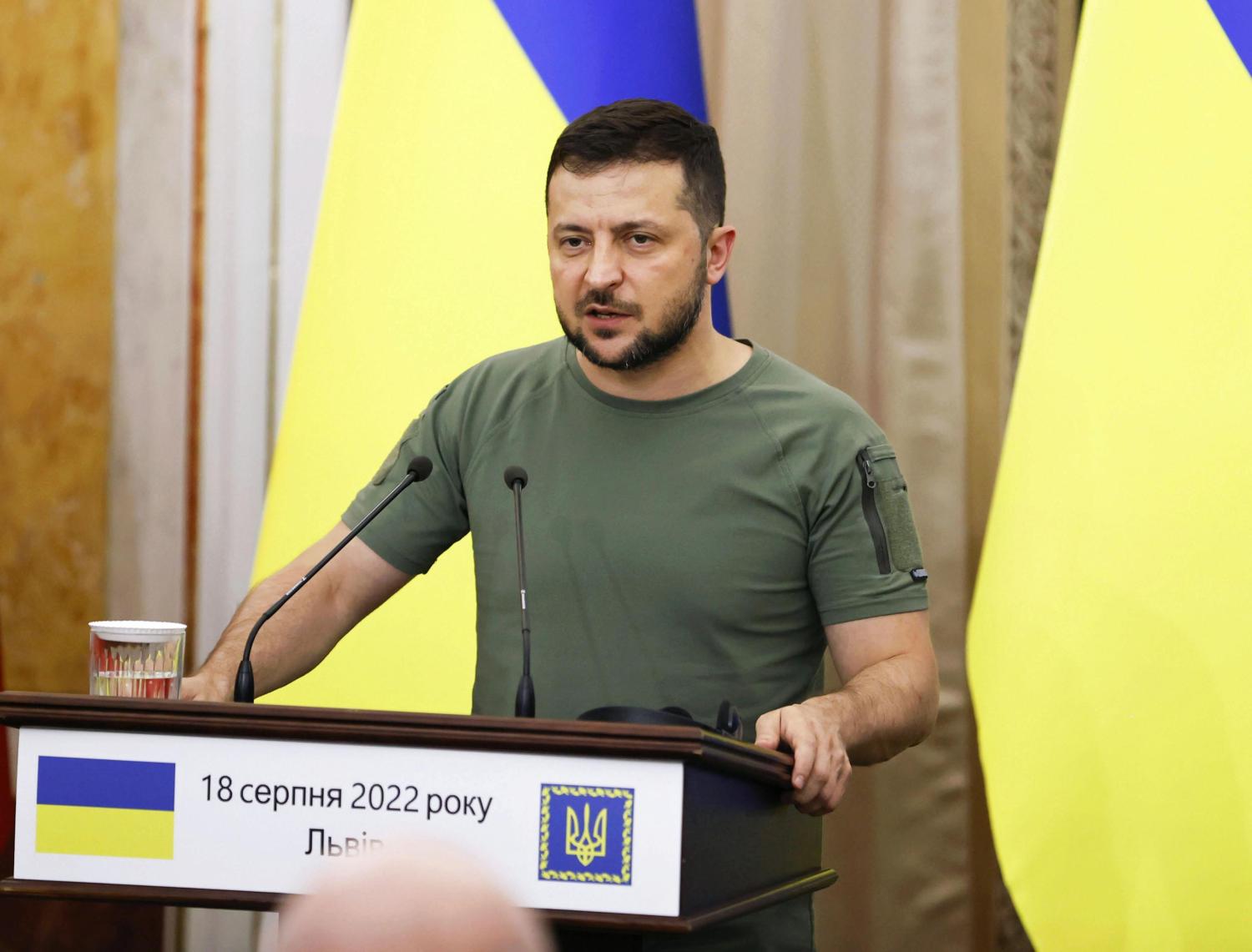
On April 29, 2022, the study group convened to discuss the broad array of sanctions that the United States and its allies have imposed on Russia (and Belarus) in response to their invasion of Ukraine. Together, the multilateral sanctions being imposed represent the most severe and comprehensive sanctions ever imposed on a major economic power. Yet imposing such unprecedented sanctions also brings with it real—and, in some cases, not entirely known—risks for both the United States and the broader global economy.
Proposals to Seize Russian Assets to Rebuild Ukraine

On June 9, 2022, the study group convened over Zoom to discuss the legal and policy debate taking place over whether the United States and its allies may be able to use Russian assets—in particular, Russian central bank assets—that are currently frozen pursuant to U.S. and multilateral sanctions in order to support and fund the reconstruction of Ukraine. Seizing foreign assets in this manner raises a number of serious legal and policy questions and may have consequences for the broader international system.
State Sponsor of Terrorism Designations
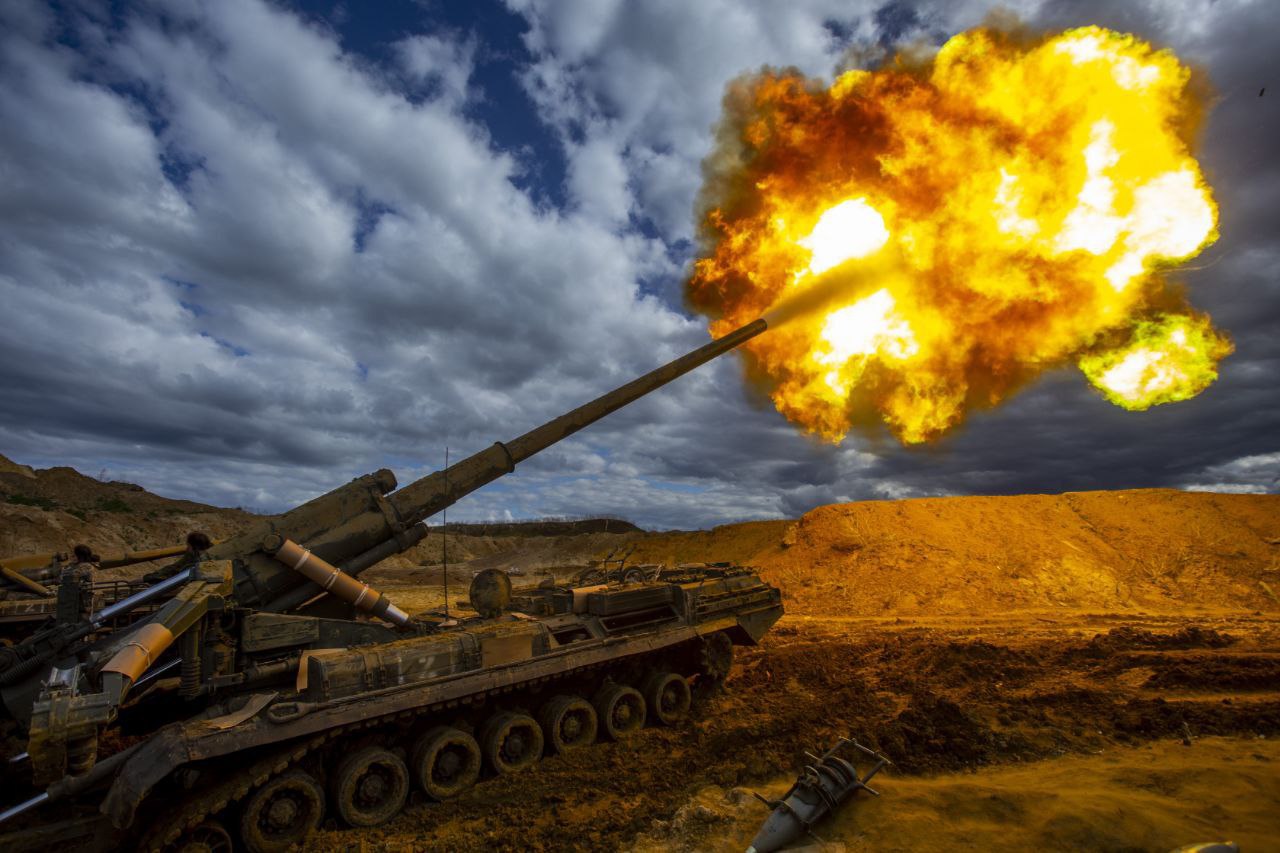
On August 19, 2022, the study group convened to discuss the debate over designating Russia as a state sponsor of terrorism (SST). While there have been increasing calls for designating Russia, doing so brings a number of risks with it, some of which could prove more harmful than helpful for Ukraine.
Emerging Issues in Export Controls

On September 8, 2022, the study group convened to discuss emerging issues in U.S. export controls. In recent years, U.S. export controls have been used in a variety of new and interesting ways, particularly in relation to China, Russia, and the conflict in Ukraine. Many of these applications underscore the potential value of export controls as a foreign policy tool, but they also bring to the fore a number of challenging legal and policy questions.
The 2002 Iraq AUMF: Interpretation and Possible Repeal
![U.S. Secretary of State Colin Powell holds up a vial that he described as one that could contain anthrax, during his presentation on [Iraq] to the U.N. Security Council, in New York February 5, 2003. [Powell tried to persuade a sceptical world that Iraq is concealing it's weapons of mass destruction and that force may be necessary to disarm it.]](https://www.brookings.edu/wp-content/uploads/2022/12/2003-02-05T120000Z_553139269_PBEAHUORSAU_RTRMADP_3_POWELL.jpg?quality=75&w=1500)
On October 28, 2022, the study group convened to discuss the 2002 Iraq Authorization for Use of Military Force (“AUMF”). Originally enacted to authorize the U.S.-led invasion of Iraq in 2003, the 2002 AUMF has remained on the books for more than two decades and been cited—but not exclusively relied on—in relation to several military actions since. This session explored the interpretation and application of the 2002 AUMF and the potential impact of current proposals for its repeal.
Recent Changes to Sanctions Policies and Humanitarian Assistance
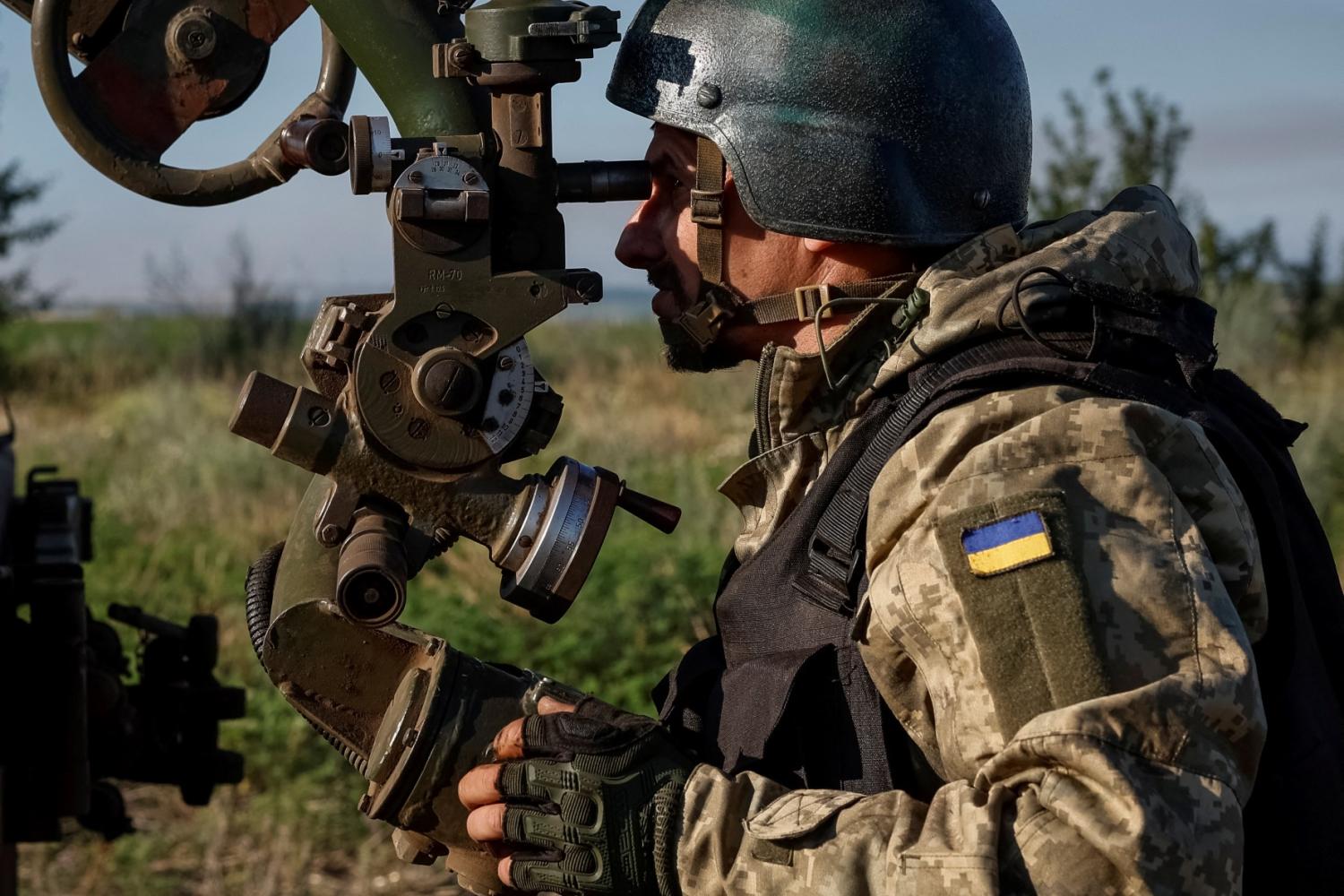
Outbound Investment Restrictions

Jawboning, Disinformation, and Freedom of Speech

On August 11, 2023, the study group convened to discuss the legal and policy implications of “jawboning,” a term used to describe governmental engagements with social media platforms and other media outlets that are aimed at curbing perceived disinformation, but that critics argue cross the line in terms of leveling threats of coercion that interfere with freedom of speech.
Use and Abuse of Non-Binding International Agreements
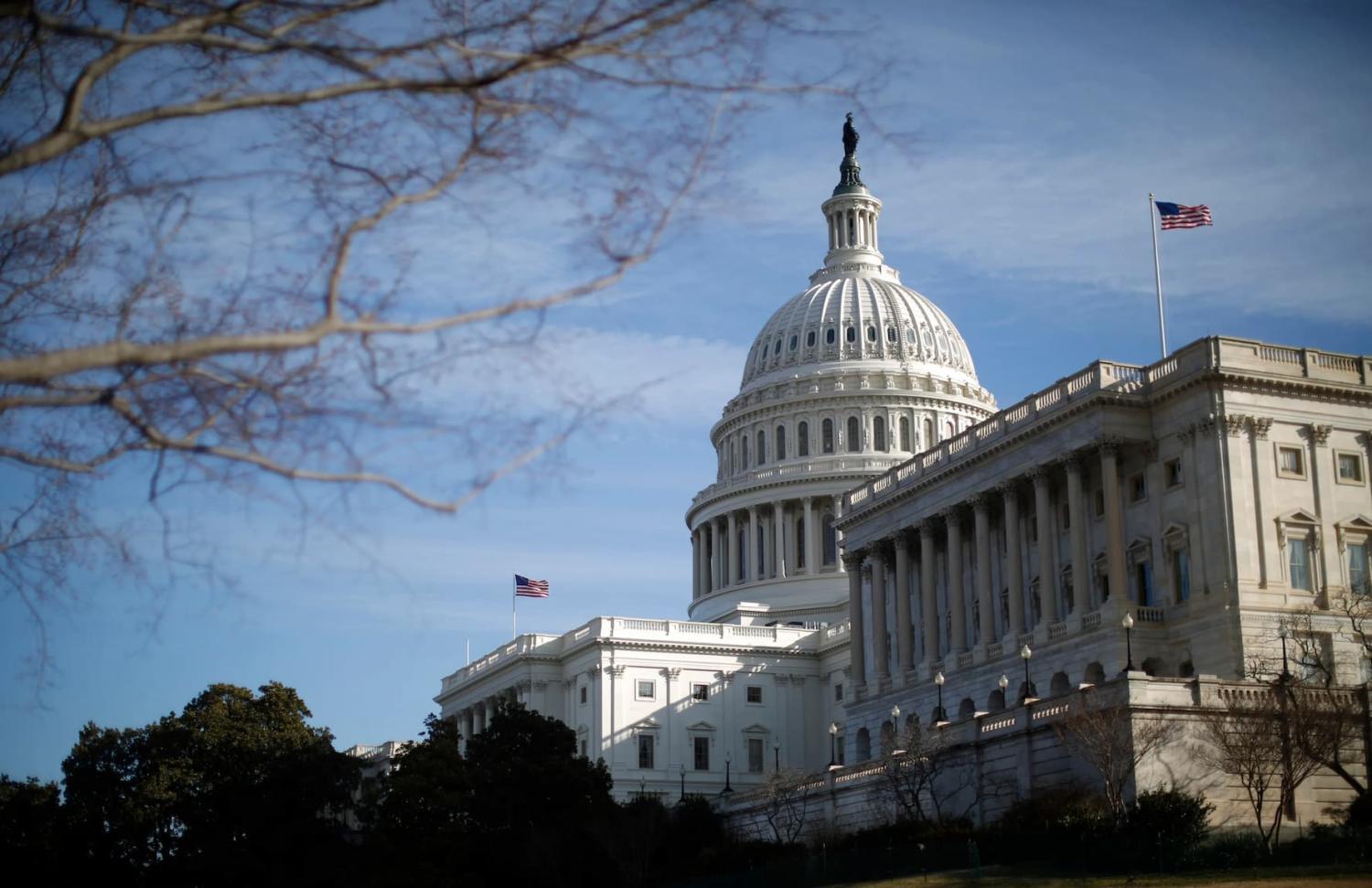
Sunsets and Expedited Procedures in Authorizations for Use of Military Force (“AUMFs”)
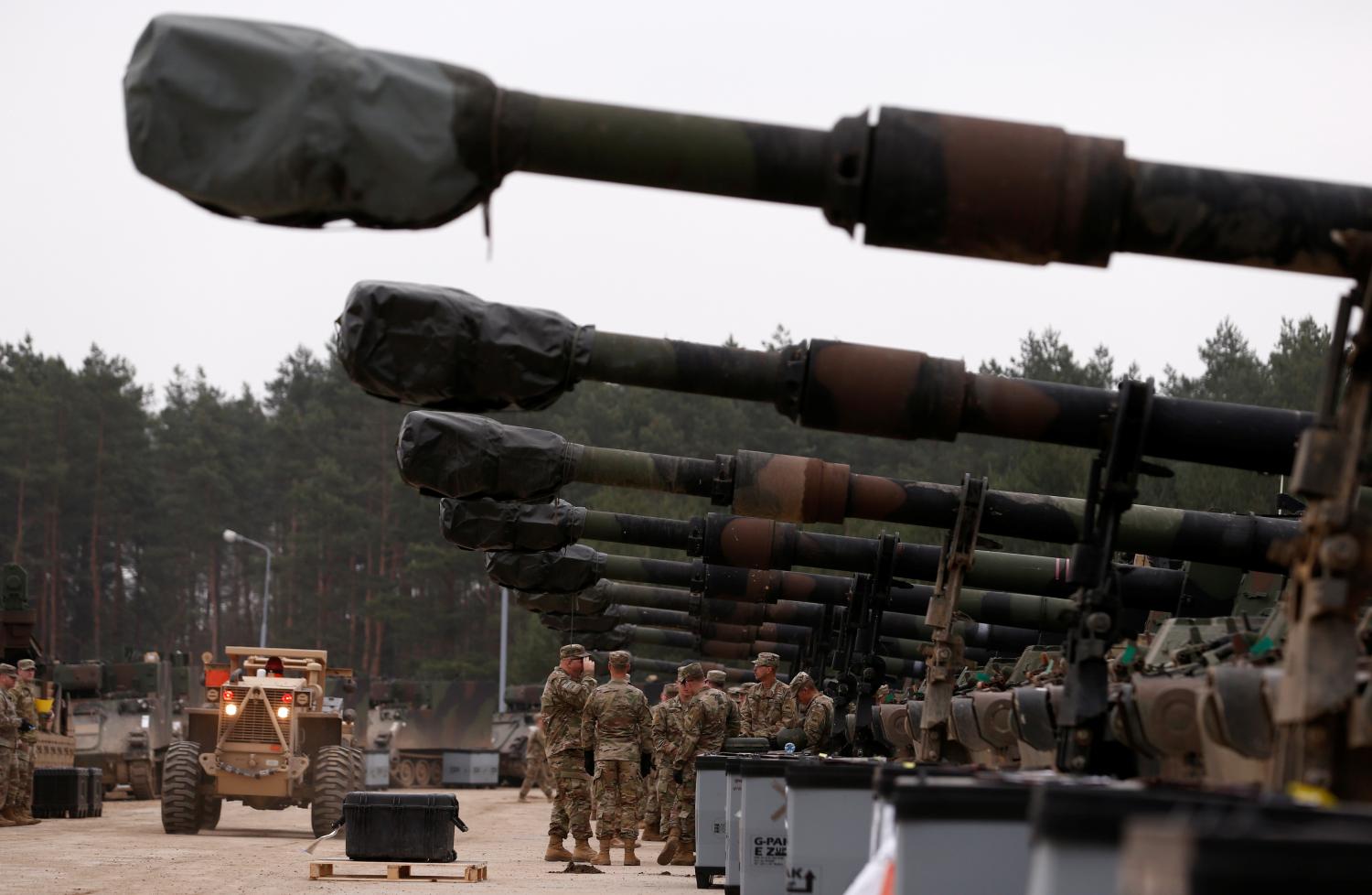
On October 19, 2023, the study group convened to discuss technical issues relating to the possible use of sunsets and expedited procedures in Authorizations for Use of Military Force (“AUMFs”), both present and future.
The War Powers Resolution at 50
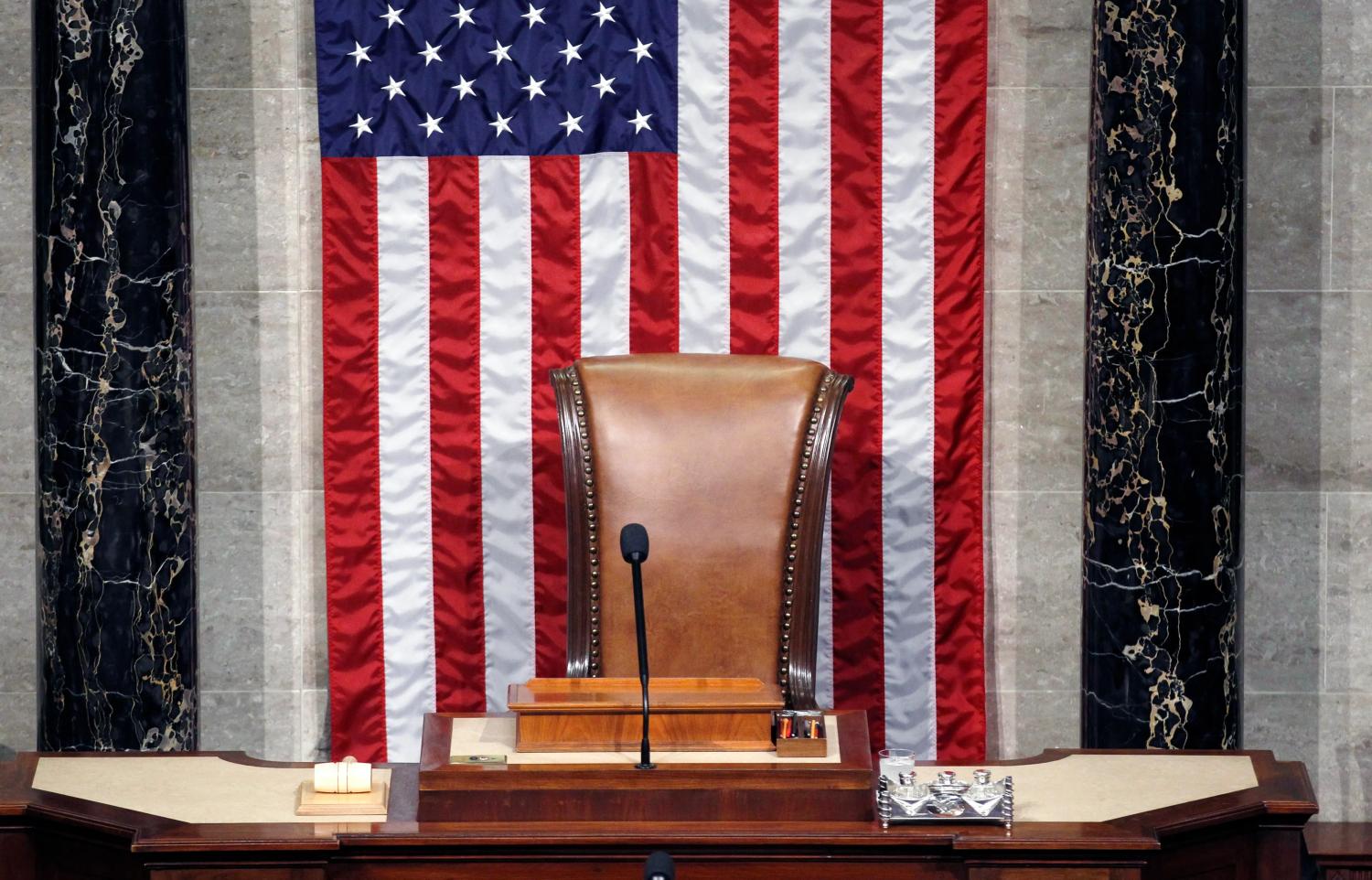
On November 16, 2023 the Congressional Study Group on Foreign Relations and National Security convened over Zoom to discuss the War Powers Resolution and its legacy following the fiftieth anniversary of its enactment on November 7.
Regulating the Use of Artificial Intelligence (AI) on the Battlefield

War Powers and the Crisis in the Middle East

On February 12, 2024, the study group convened to discuss recent U.S. military engagements in the Middle East and legal issues they raise regarding constitutional war powers.
Legal Barriers to U.S. Engagement with Palestinian Authorities

On March 14, 2024, the study group convened to discuss legal barriers to U.S. engagement with the Palestinian Authority and related entities.
Constitutional Constraints on Regulating Artificial Intelligence
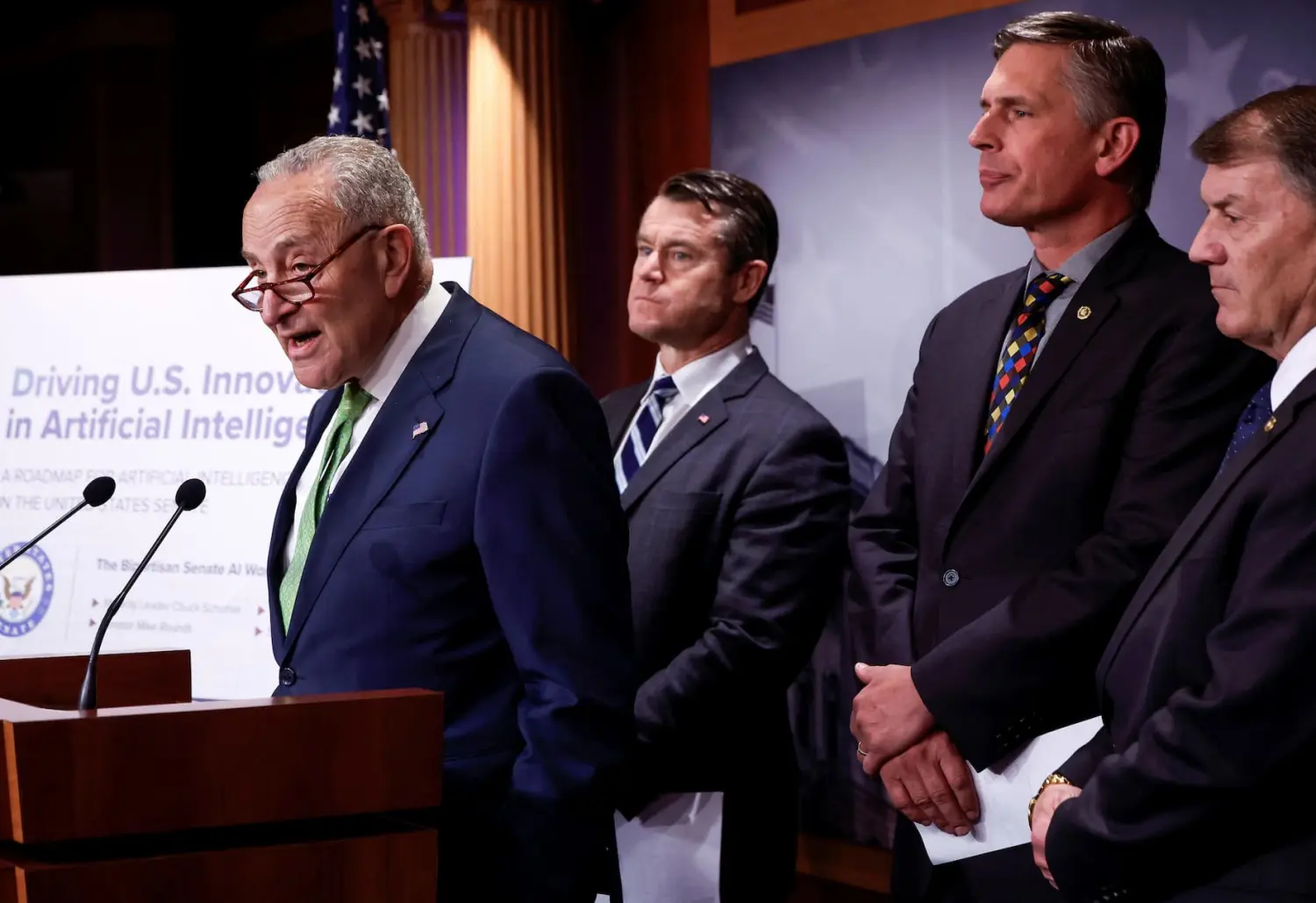
On July 12, 2024, the study group convened to discuss possible constitutional limits on and barriers to the regulation of artificial intelligence.
Protecting Underseas Cables
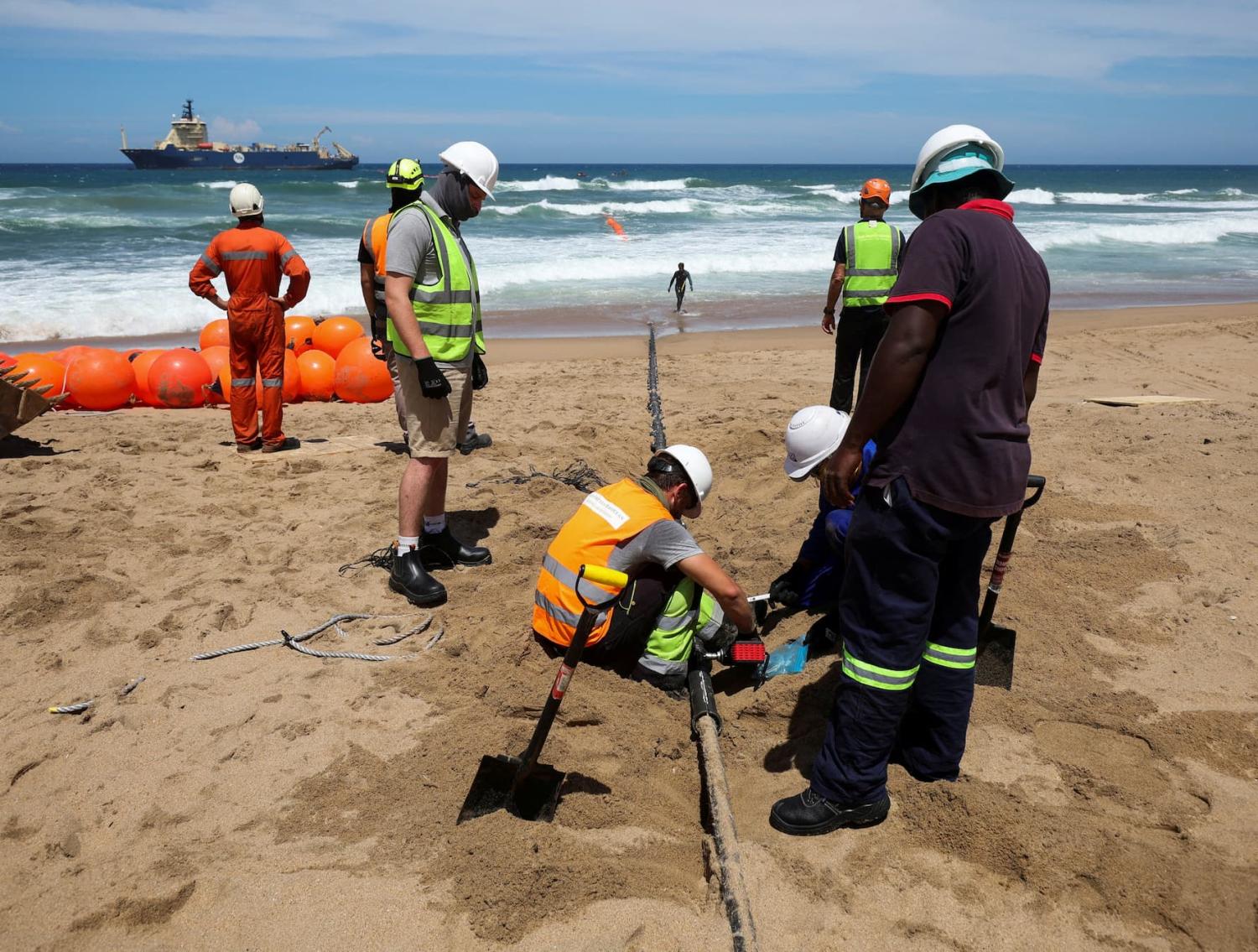
On August 16, 2024, the study group convened to discuss threats to underseas telecommunications cables and strategies Congress may consider for protecting them.
Congress’s Control Over Treaty Exit
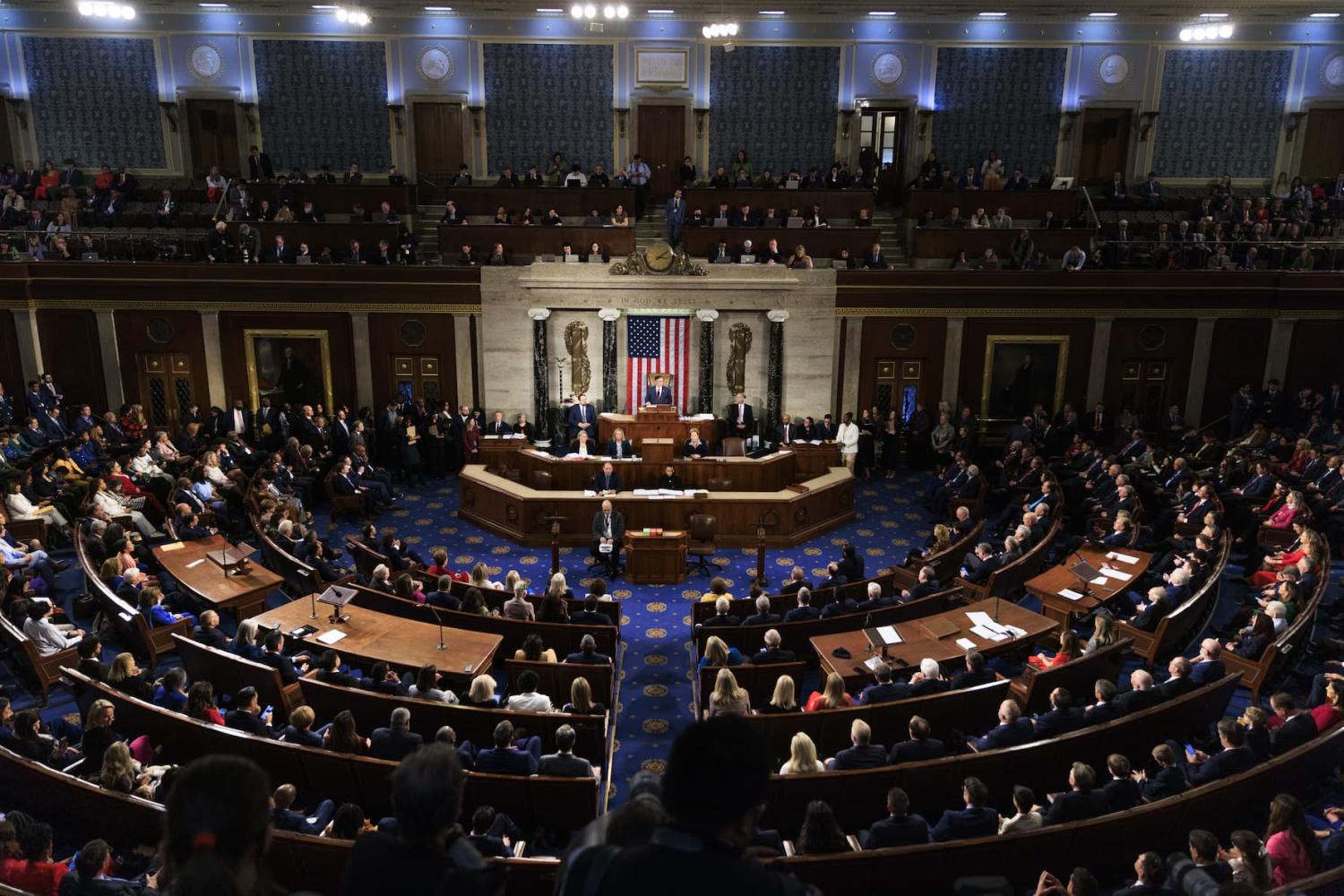
On December 5, 2024, the study group convened to discuss Congress’s constitutional role in exiting treaties and other international agreements.
IEEPA and Its Limits

On December 18, 2024, the study group convened to discuss the growing role that International Emergency Economic Powers Act (IEEPA) has come to play in U.S. national security policy, and its legal limits.
Syria’s Sanctions Thicket
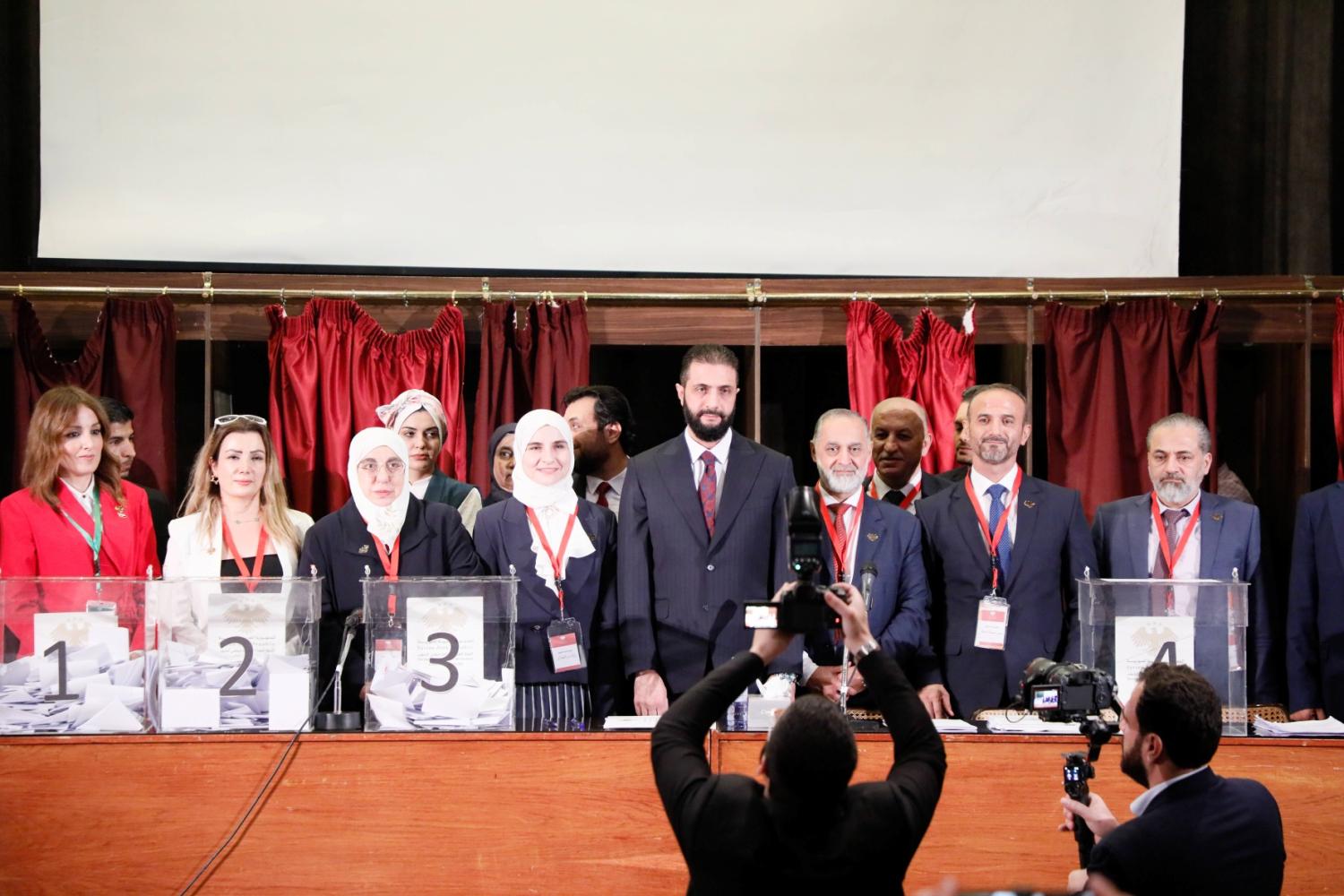
On January 31, 2025, the study group convened to discuss the dense array of U.S. and international sanctions facing Syria following the recent collapse of the Assad regime.
Domestic Military Deployments
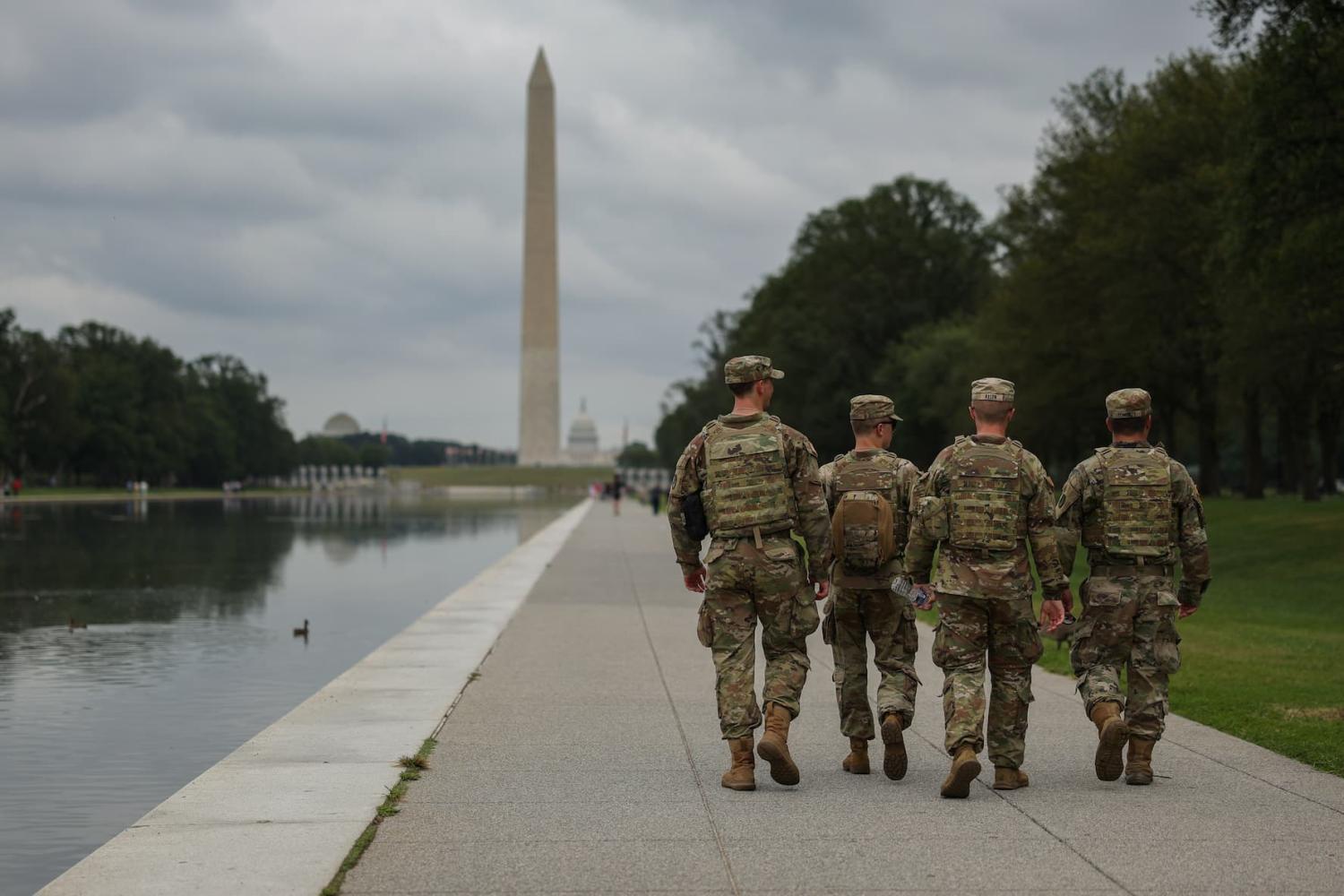
On March 6, 2025, the study group convened to discuss the legal authorities surrounding domestic military deployments.
Habeas Corpus and Government Detention

On May 21, 2025, the study group convened virtually to discuss the legal doctrine of habeas corpus and the limits it sets on government detention.
AI Diffusion and How (and Whether) to Regulate It

On June 24, 2025, the study group convened to discuss the global diffusion of artificial intelligence (AI) technology—and how (and whether) the U.S. government should regulate it.
Executive Privilege and State Secrets Doctrine
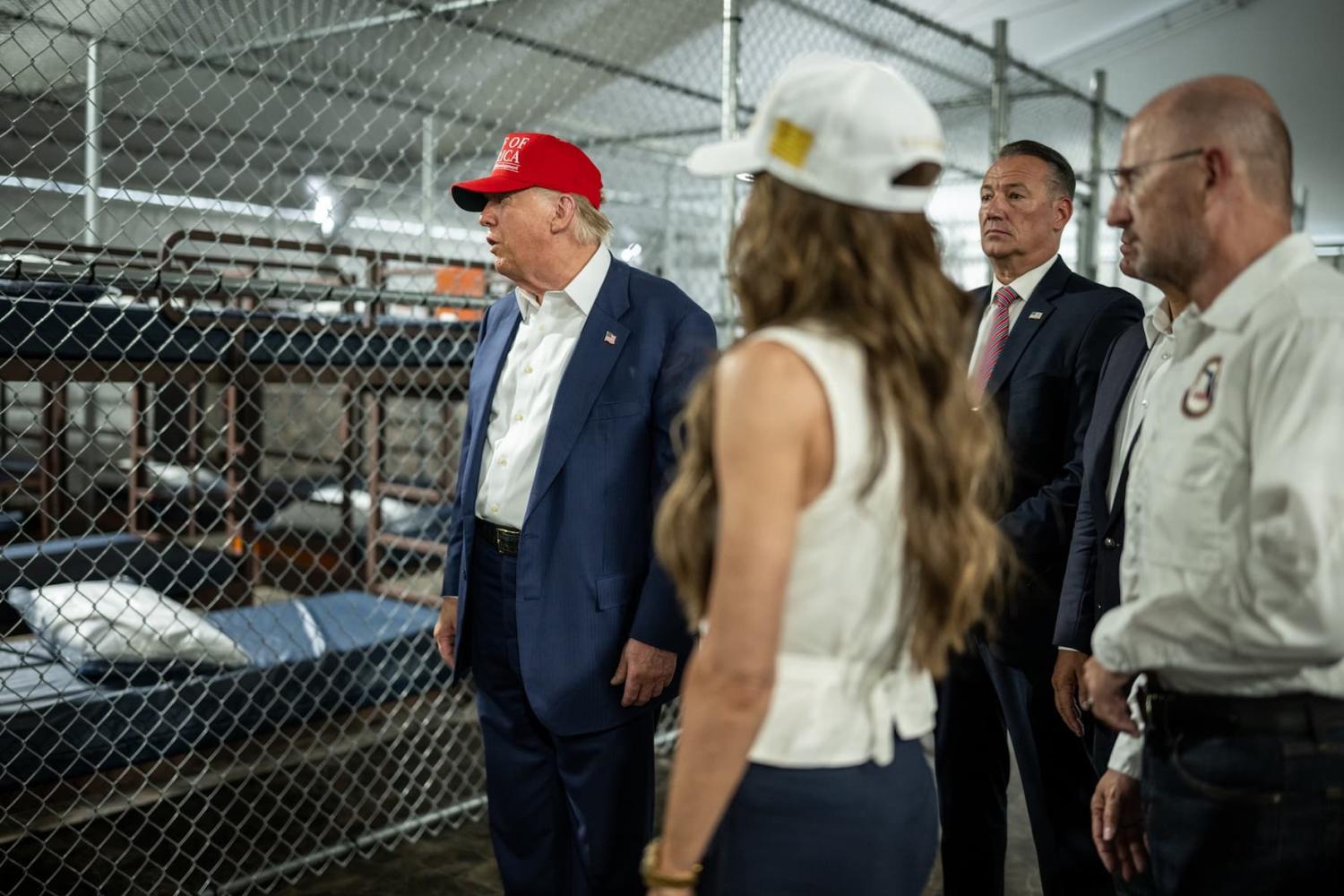
On July 9, 2025, the study group convened to discuss the related legal doctrines of state secrets and executive privilege.
The Brookings Institution is committed to quality, independence, and impact.
We are supported by a diverse array of funders. In line with our values and policies, each Brookings publication represents the sole views of its author(s).


